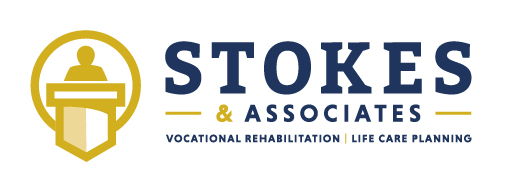Loss of Earning Capacity Versus Economic Loss
Typically, vocational rehabilitation counselors are engaged to assess loss of earning capacity following an injury. However, in some cases, earning capacity may not be the best measure of damages when assessing work and the ability to earn. For example, vocational rehabilitation counselors may have to take a different approach when assessing economic damages for business owners. John Doe owns his own scrap metal business. Before his injury, he could perform all of his business's essential job duties, including managerial responsibilities and heavy manual labor (processing metal machine parts). Following a motor vehicle collision, John was restricted to a light physical demand level and subsequently hired a laborer to perform the heavier aspects of the business. He has continued to run the company, and his 1040-Schedule Cs show that his business profits remain unchanged. The vocational rehabilitation counselor must now consider the additional cost of labor versus the profitability of John's business (i.e., earning capacity). While John's company is not losing profitability due to his injuries, he is incurring a higher cost to own and operate his business and maintain profits. If John is the company's sole owner, this extra expense directly impacts his income. Similarly, if additional equipment or supplies are needed to keep the company's profitability related to the indexed injuries, these items would also be considered compensable damages.
Vocational rehabilitation counselors need to approach each claimant's vocational situation individually, and work to determine the appropriate metrics to measure economic losses.
